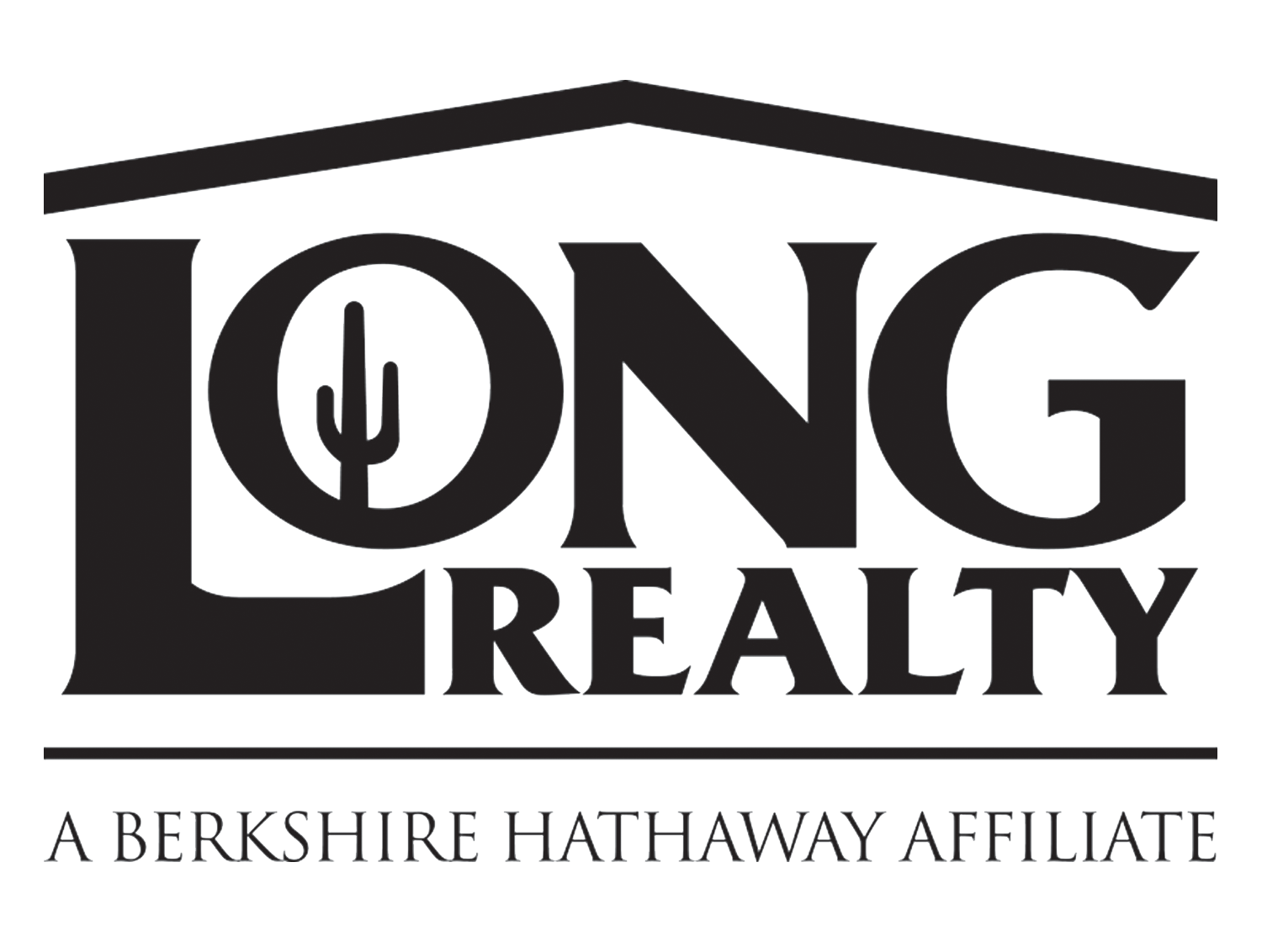Today’s local real estate market differs from recent years because of the higher volume of “distressed” properties. These homes which have been foreclosed or whose owners are trying to sell short offer substantial attraction for many buyers because of their lower list price, but are they good values? That answer often depends on a buyer’s priorities, timeline, and previous buying experience. It’s also important to recognize a few key differences between the two types of distressed properties. Throughout the Tucson market you’ll see a number of these homes listed and once you decide if this type of transaction is right for you or not it can help narrow your search, saving valuable time.
First, foreclosures may often be purchased under market value and within a typical resale timeline but at times this comes at the cost of deferred maintenance or other property neglect. Therefore it is especially key to have a thorough home inspection performed to determine the home’s exact condition. Depending upon a buyer’s motivation even some deferred maintenance or property damage may be acceptable as long as the cost of such repairs and time needed isn’t a detriment for their particular situation. Another reason these home inspections are even more important than a typical transaction is that these foreclosed homes are nearly all “As Is”. Any defects found are commonly the sole responsibility of the homeowner to rectify. However, not all foreclosures are the same and certainly good deals can be found on properties in excellent condition. It’s these properties that typically sell most quickly and therefore a buyer must be ready to make swift decisions in such a circumstance when the right property comes along.
Another common distressed property sale in today’s market is the short sale. While foreclosures should be entered into with much caution and circumspection they are still relatively straightforward, whereas short sales are generally considerably different and may frequently require more patience. It often seems many potential buyers don’t fully understand the term short sale, so let’s begin with a simple definition. A short sale is a real estate transaction where the proceeds from the sale of a property is less than the balance owed on the loan(s). Because the loan, or in some cases multiple loans (second loan, home equity line of credit, or lien on the property), can’t be repaid with the sale, this type of transaction requires the approval of at least one mortgage holder and in many cases a second bank or mortgage insurance company may also be involved.
Often it’s this additional layer(s) of involvement that can delay or stretch out the length of time taken to close on a short sale property after getting under contract. Short sale properties have a lower success rate than either a conventional transaction or foreclosure because of these additional complications. Sometimes it may even take months to hear back from a lender about an offer because they must make the determination as to whether it is most cost effective for them foreclose on the property if the current owner is unable to pay or to accept the short sale. A part of this process involves them having an appraisal or BPO (Broker Price Opinion) done to ascertain the value of the property in question. It’s worth noting that while typically it is true that short sales are listed at lower than market prices, it is possible that a short sale may not even be a good value just because it’s a short sale (remember it only means the sale price won’t satisfy the amount of the current loan). Another consideration is that properties substantially under market value may be too good to be true because the lender has to agree to such a price, not just the homeowner. If they feel a better price can be had by either a different short sale price or foreclosing on the property, it comes down to business and they will maximize the money received from that property.
This is just a quick overview of some of the circumstances surrounding distressed properties in today’s market. Buyer preferences for a quick transaction, sometimes property condition and move-in ready status, price sensitivity, and ease of the transaction all can play factors as to whether looking at a distressed property makes sense. It is best to consult with your us to explore all of the factors involved to determine whether a foreclosure or short sale is worth investigating for your particular needs.








Connect With Us!